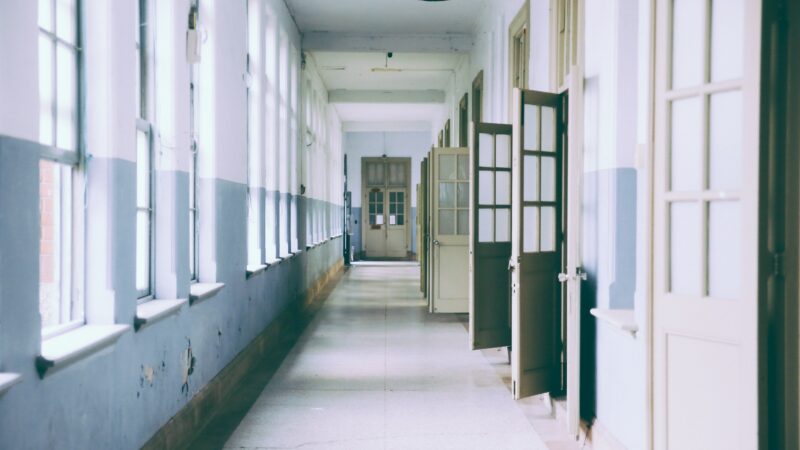
Kate Green has demanded that the government “urgently get a grip” as new analysis has revealed that students in the most deprived areas across the UK are more likely to have had poor attendance since schools reopened in September.
Following the publication of the first data to compare attendance since children returned to school earlier this year by the Education Policy Institute, Green described the government’s failure to close the attainment gap.
The institute labelled the low attendance among disadvantaged pupils as a “double blow” as evidence has also shown that disadvantaged children lost the most learning time during the coronavirus lockdown period in the spring.
Commenting on the analysis this morning, Shadow Education Secretary Green said: “Labour has repeatedly called on the government to put measures in place to close the attainment gap but they have failed to do so.
“The government must urgently get a grip of the situation and ensure that any child who has fallen behind will get the support they need to catch up including proper access to digital devices and broadband.
“No child should be left behind because of this crisis or government incompetence.”
The analysis by the EPI revealed that in some local areas over a third of pupils have been unable to attend school during the autumn term, with attendance levels as low as 61% in Knowlsey, 67% in Liverpool and 70% in Rochdale.
The organisation has also highlighted that while attendance was predictably low in areas with a high prevalence of Covid cases, other authorities with a lower rate of Covid also saw high proportions of children missing out on school.
Local authorities to have seen a relatively low number of coronavirus cases but a high rate of non-attendance in schools include Calderdale with 64% attendance, Kingston-upon-Thames with 68% and Bracknell Forest with 72%.
Data from the study showed attendance rates were much higher in Northern Ireland and Scotland than in England and Wales at the start of the term, and the EPI speculated that this could be due to them having more time to prepare to reopen.
The EPI’s David Laws said: “The most disadvantaged children in the UK are facing a double blow to their education, after having lost the most learning time during the lockdown period in the spring and now during the autumn term of the new school year.”
The executive chairman added: “Government support for these pupils currently falls short of what is required. In England, the £650m to help pupils catch up with lost learning time allocates the same amount of funding to a pupil in an affluent area as it does to a pupil in a poorer area.
“Funding also currently fails to take into consideration the rate of infection in an area and the level of disruption faced by schools. It is unclear why the government has not directed a greater proportion of funding to those pupils most in need of support.
“There is a compelling case for a more targeted approach to support poorer pupils who are disproportionately missing out on learning time, in order to prevent a significant widening of the attainment gap.”
The government had to abandon an initial self-determined deadline of June 1st for the partial reopening of schools as government figures showed that just 52% of schools mandated to open did so, with only 25% of children eligible returning.
Schools eventually reopened in September, but only after the government had reversed its position on the use of masks in educational settings following pressure from the Labour Party, unions and teachers.
A number of Covid outbreaks were reported in schools shortly after children returned to classes last month, including at a school in Castle Rock that was visited by Prime Minister Boris Johnson.




More from LabourList
‘As metro mayors gain power, Labour must tighten political accountability’
Letters to the Editor – week ending 22 February 2026
‘The coastal towns where young people have been left behind by Whitehall’